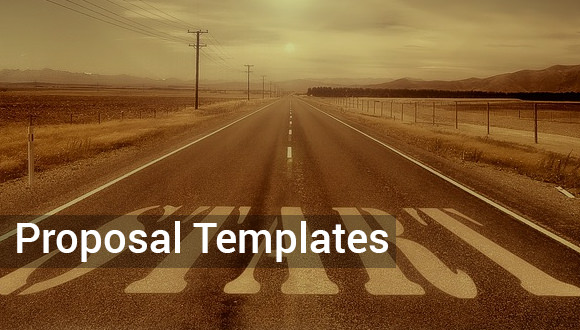
Proposal Templates – 170+ Free Word, PDF, Format Download!
Are you a visionary or a pioneer who needs a grant? If so, you might want to survey all over…
Jul 15, 2024
One strong foundation of a well-organized event is a foolproof budget proposal. In keeping up with the dynamics of the different aspects of an event, a budget proposal samples acts like a fence that encapsulates the vision and goals of the organizers. If you happen to be one of the key people who is tasked to create a budget proposal sample, then this article will be your helpful guide.
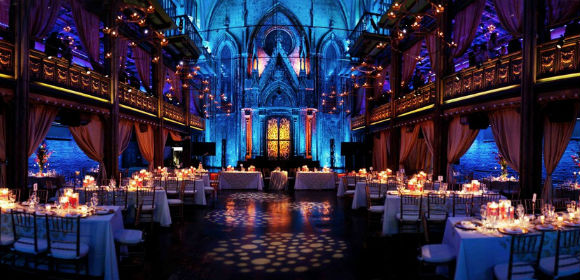
An event budget proposal is a formal request of approval for a projection of expenses for a certain event or activity held by a company. An essential part in managing an event proposal contains the predicted amount that the company will incur. The closer the cost forecast is to reality, the more efficient it will be in ensuring the event’s success.
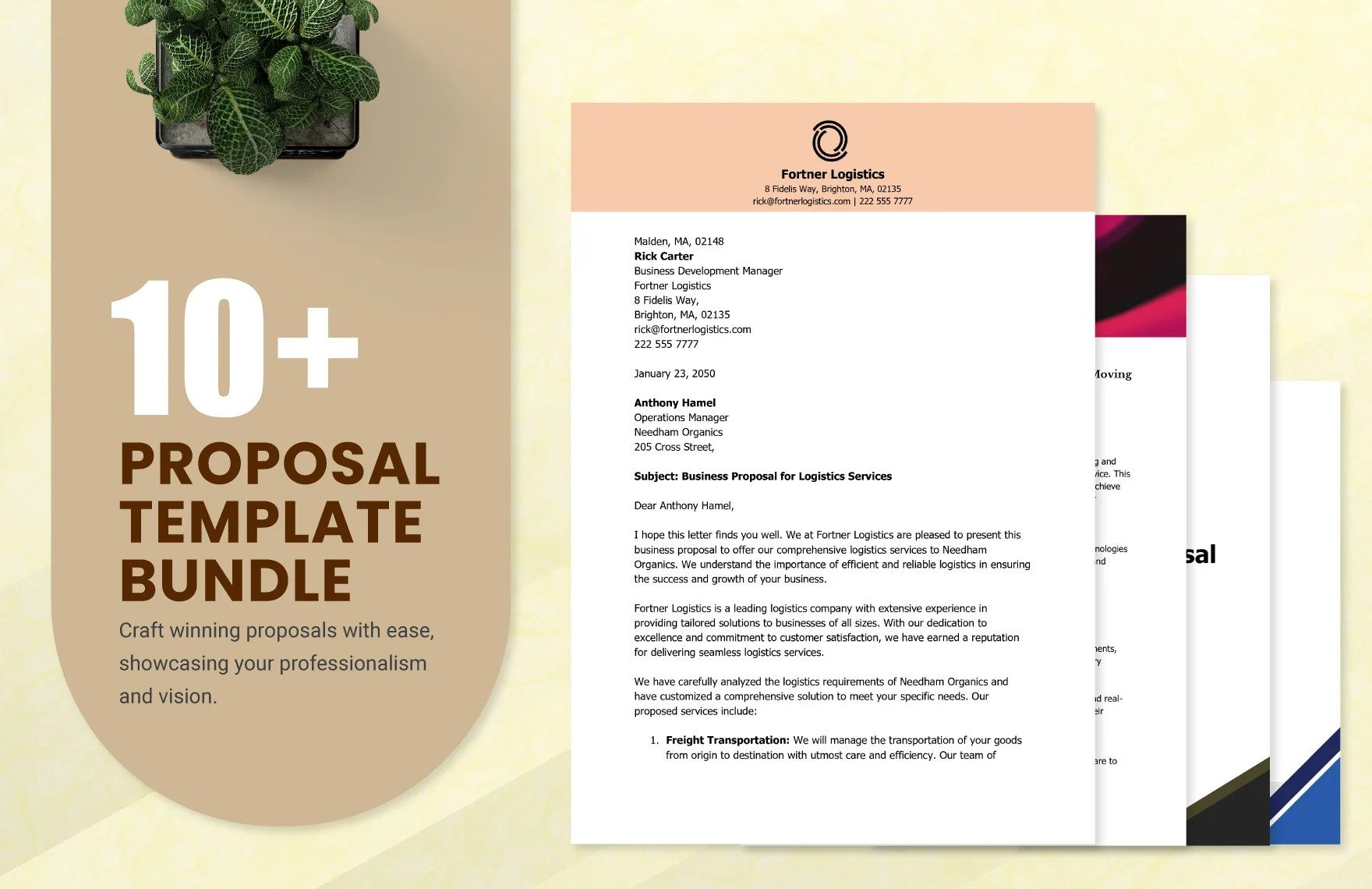
An event budget proposal comes in the form of a nifty spreadsheet most commonly with 5 columns. These columns correspond to each of the main elements of a budget proposal, which are the following:
1. Items: These are the different products and services that are needed for your event. In a budget sample proposal, the product or service is broken down into every single possible item denomination to get an accurate costing. For example, “beverages” in a budget simple proposal is further divided into the specific alcoholic and non-alcoholic brands.
2. Item Description: The description of the items are important to your boss or whoever approves your basic proposal will be able to gain additional insights to the products or services you will be availing, especially when that item is too technical or specialized for them to know. This is also an opportunity for you to express the importance of a certain item so that in the instance of cost-cutting, your boss will be able to determine which item is least important or not that relevant for the event.
3. Quantity: This pertains to the number of pieces of a product or the number of hours a service required for the event. Quantity greatly affects your sample budget, as a slight increase in the quantity can already cause a dramatic rise in your overall simple budget.
4. Estimated Cost: This is the ballpark figure of the items listed in your basic budget proposal. The goal of you as the event planner is to get your estimated cost as close as possible to the actual cost. Your total estimated cost will be the amount you are proposing for the event.
5. Actual Cost: The actual cost of the items are actually filled out after the event and are left blank on the submission of the budget proposal. Knowing about the actual cost is important for future instances where you get to set the budget again for the event. Additionally, actual costs can help you identify the trends in the prices of the items for a more accurate cost forecast in the future. You can also see more on Budget Proposals in PDF.
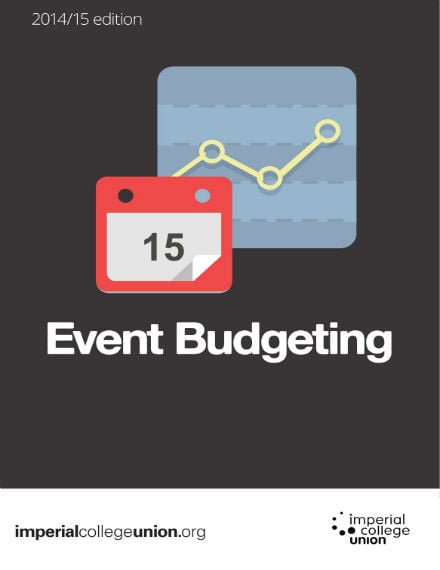 imperialcollegeunion.org
imperialcollegeunion.org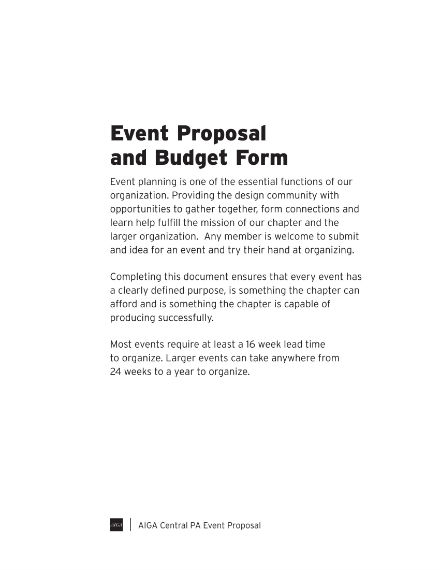 centralpa.aiga.org
centralpa.aiga.org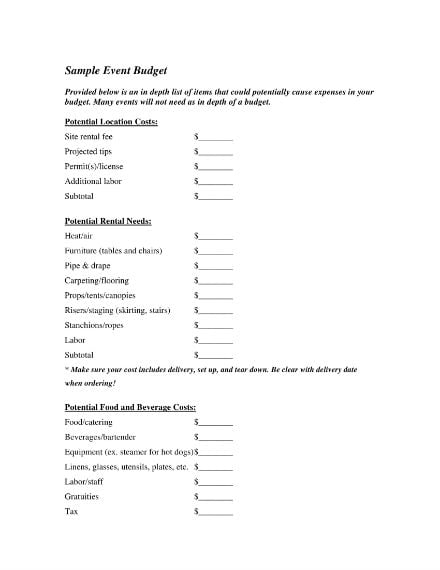 thehome.org
thehome.org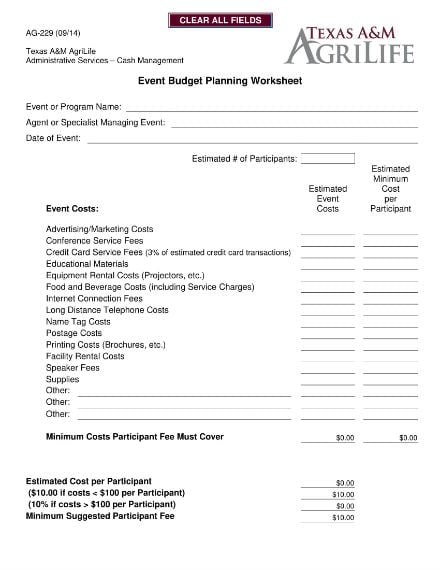 agrilifeas.tamu.edu
agrilifeas.tamu.edu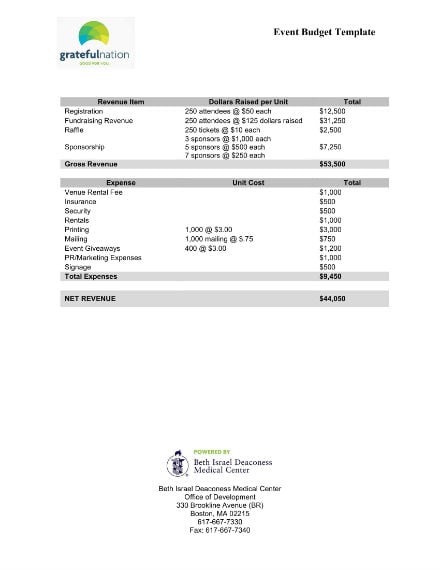 bidmicgiving.org
bidmicgiving.org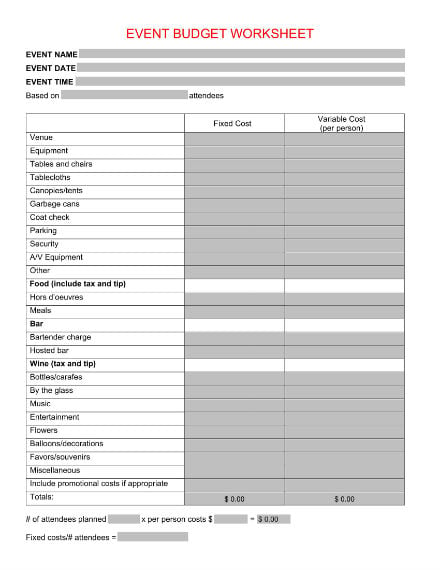 alum.mit.edu
alum.mit.edu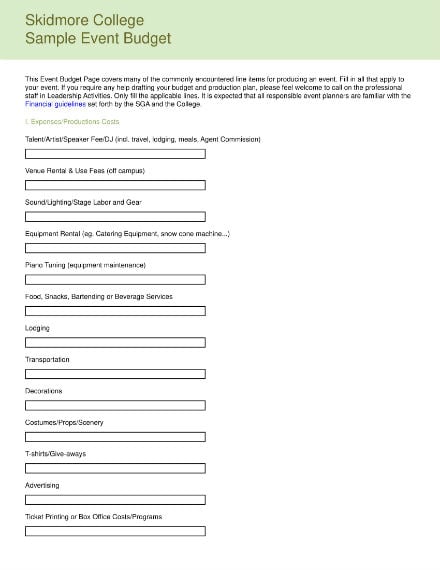 skidmore.edu
skidmore.edu mtsu.edu
mtsu.edu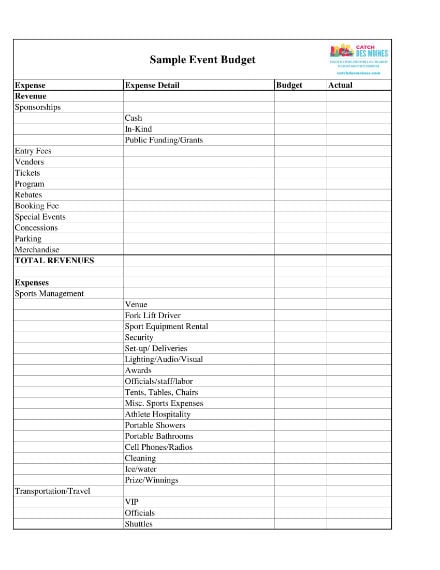 res-2.cloudinary.com
res-2.cloudinary.com1. Determine the items to be budgeted: Before making your outline budget proposal, do a little research about the event. Find out what the event is for and what the attendees are expecting from it. Once you figure this out, you will be able to identify which items will incur costs and which aspects need to be prioritized for the success of the event.
2. Create a budget spreadsheet: Using any spreadsheet software, create a column for each of the following designations: item, description, quantity, sample estimated cost, and actual cost. These are actually the elements of the event budget proposal that were discussed in the preceding section. Fill out the columns for items and their descriptions first using your rough sample list in the previous step. Group these items into broad categories and create multiple sections in your spreadsheet for each classification. This will make for an easy tracking for each of your items in your budget proposal so you can appropriate your expenses.
3. Come up with an estimated cost: Now that you have come up with a list of the items that need costing, it is time to move on to the main part of creating an event budget proposal: the budgeting. There are various ways to come up with an estimated cost, but most budget planners take the preceding year’s budget proposal as a basis and sometimes reach out to the vendors themselves for a general price. In coming up with an simple estimate, you need to consider the small expenditures that come along with availing the product or service like costs in travel, business marketing, taxes, and other fees.
4. Review and correct your proposal: Double-check the cost of the items and submit this for approval. Take note that the column for the actual cost is intentionally left blank for you will still fill this out after you hold the event. This means that the making of your budget creative proposal does not end after you submit it, rather, it continually evolves every time you learn something about the actual pricing.
There exists a number of types of event budget proposals that are determined according to how the budget sample planner came up with the proposed amount. Depending on the event that your organization is holding, your budget model must fit to the financial budget you are trying to come up with. To help you get started, the following are four of the most common types:
Although there is no exact amount that you at least need to set aside for your emergency funds, it has been suggested by seasoned event basic planners that going over 5 to 25 percent of your expected expenses is the safest bet you could make. However, this is only applicable to a small and medium type of events, and the final decision of how much you will set aside solely relies on your judgment as to the printable planner.
What is the difference between “fixed cost” and “variable cost” in budgeting?
Fixed cost refers to those items in your event production that do not change its price regardless of the number of attendees of your event, like the venue rental and entertainment equipment fees. Meanwhile, variable costs are those items that vary its price depending on the number of attendees like food, registration fees, and invitation printing costs. You can also see more on Project Budget Templates.
Getting the hang of budgeting does not happen after just holding one event. It takes a plenty of experience and a heightened sense of meticulousness before you become considerably adept with it. Remember, though, that the quality of your budget proposal is not gauged by how expensive or cheap your proposed amount is, rather, it is measured by how well you can optimize the cost while still able to hold an event boasting of grandiose. You can also see more on Budget Proposal in Word Templates.

Are you a visionary or a pioneer who needs a grant? If so, you might want to survey all over…
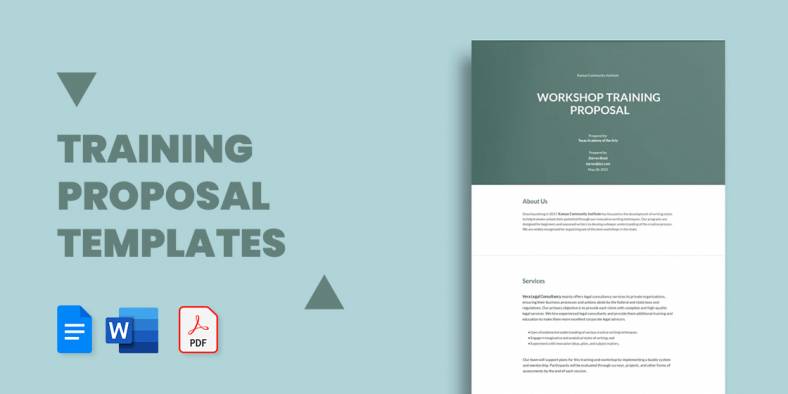
A training proposal templates is usually used by institutions/organizations that offer a huge range of training exercises and courses for…
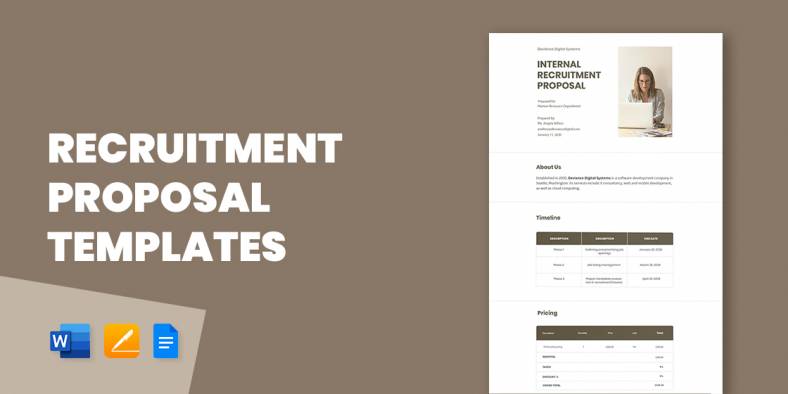
A request that is made by a company or an organization announcing about the vacant position or any other profile…
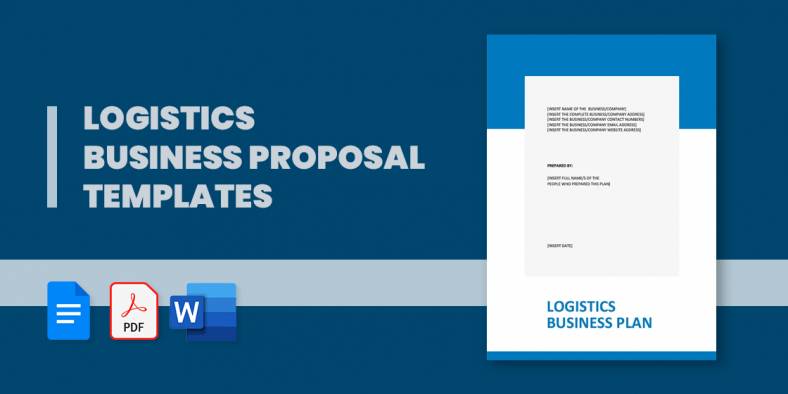
Netzwerkverbindung! This word fits the current status of the world. You have coltan from the Democratic People’s Republic of Congo…
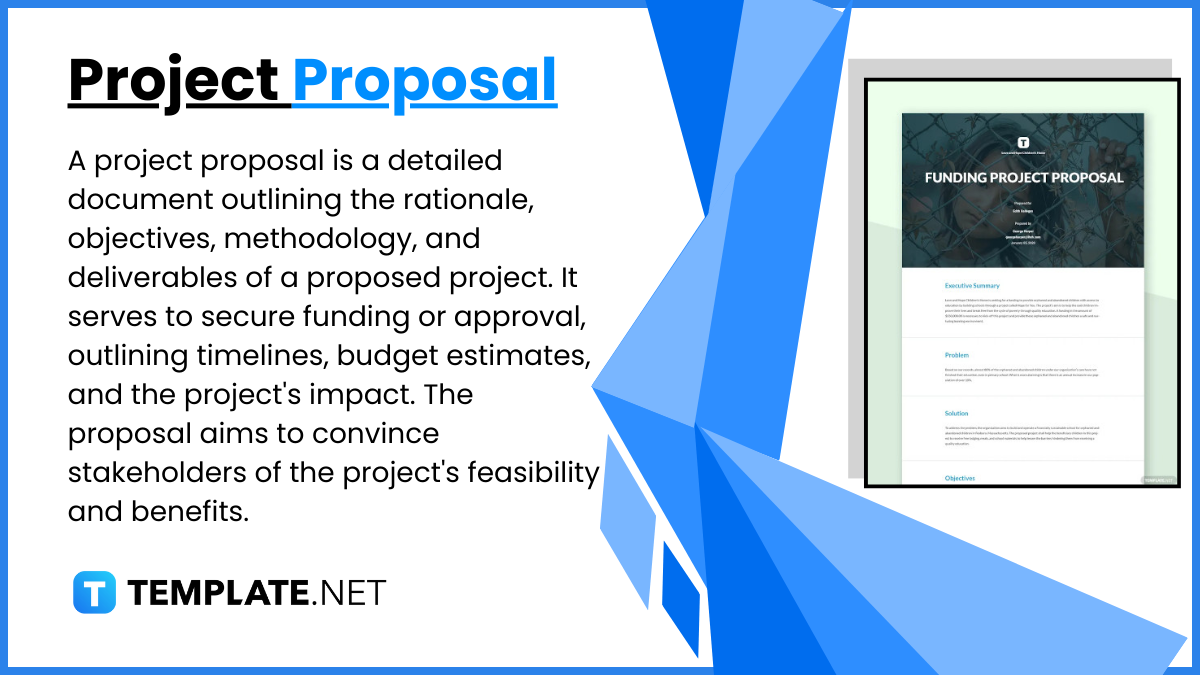
A project proposal is a structured document that outlines the objectives, scope, and implementation plan of a project, serving as…
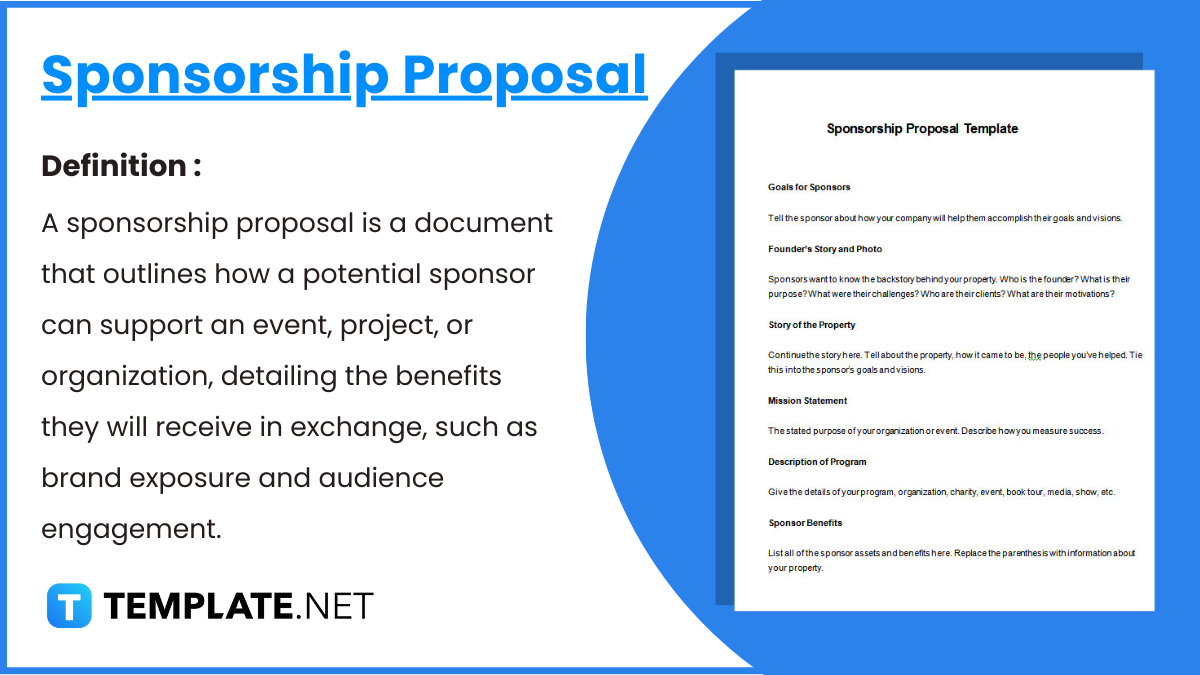
A sponsorship proposal is a formal request outlining how one party can support another, typically through financial or in-kind contributions…
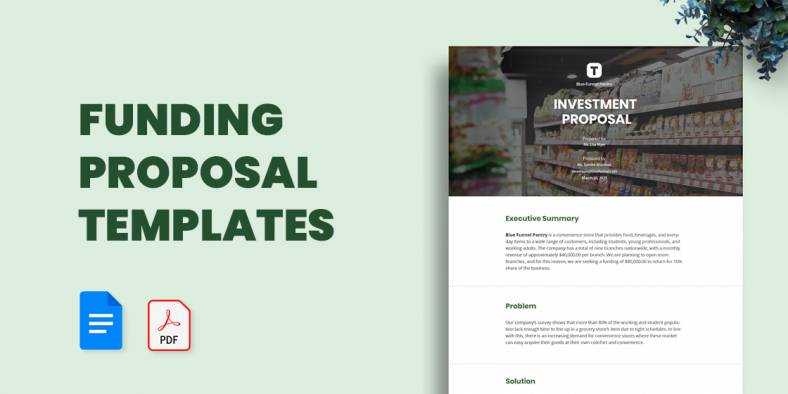
A funding proposal is used to provide an overall request to provide funds for the proposed project by giving an…
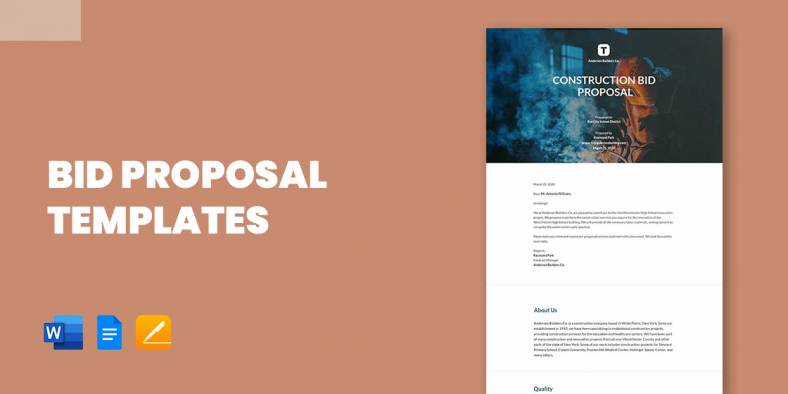
A detailed account of the products and services that are provided to your client with an estimated cost of each…
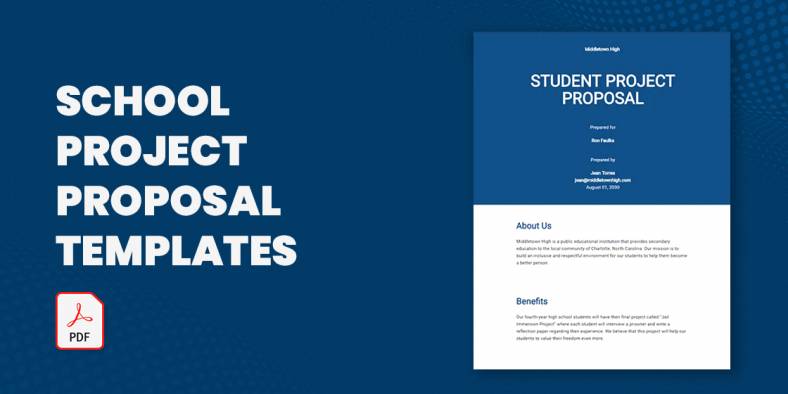
Your years in college or even in middle school wouldn’t be complete if you were never required to write a…